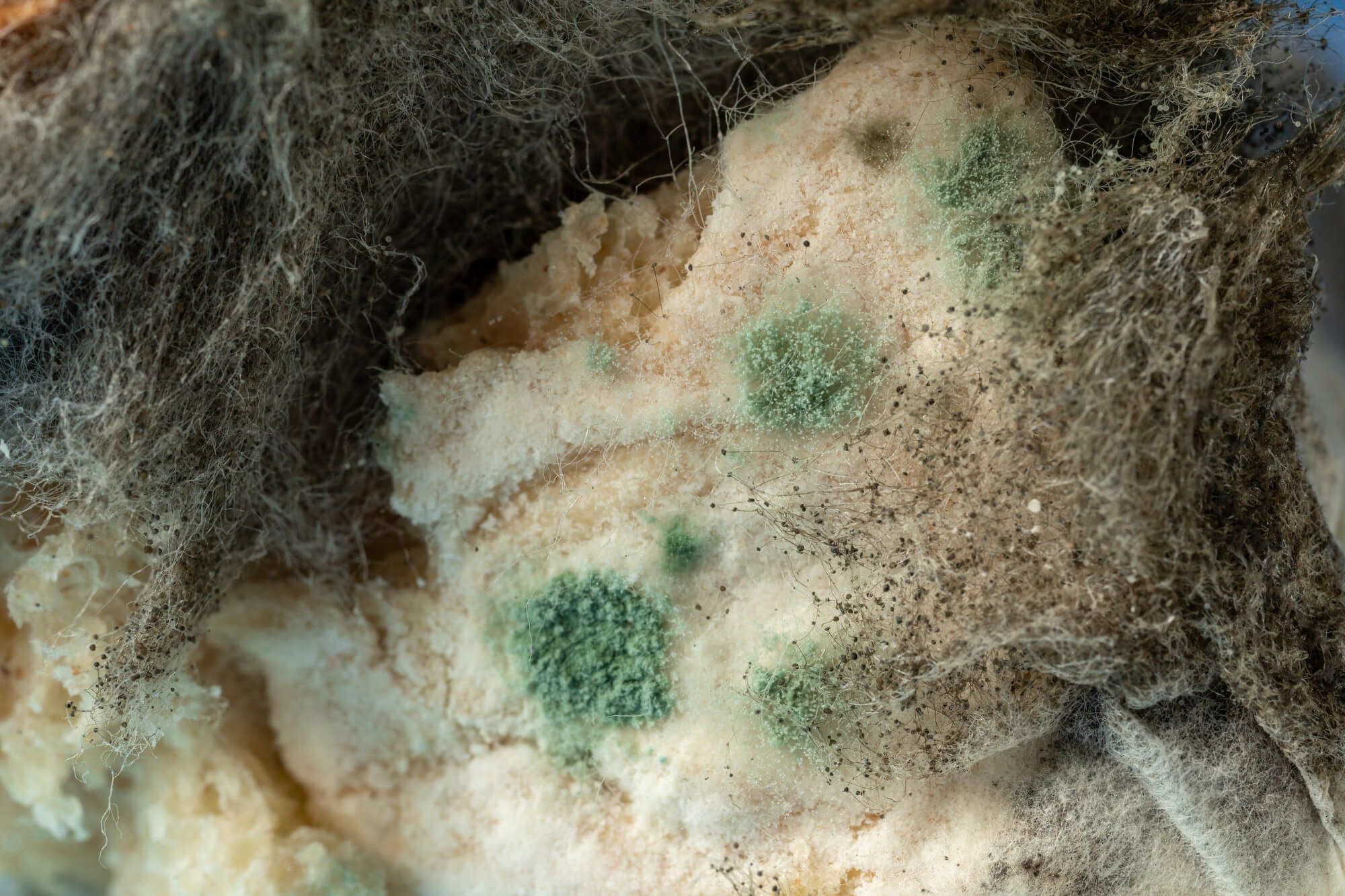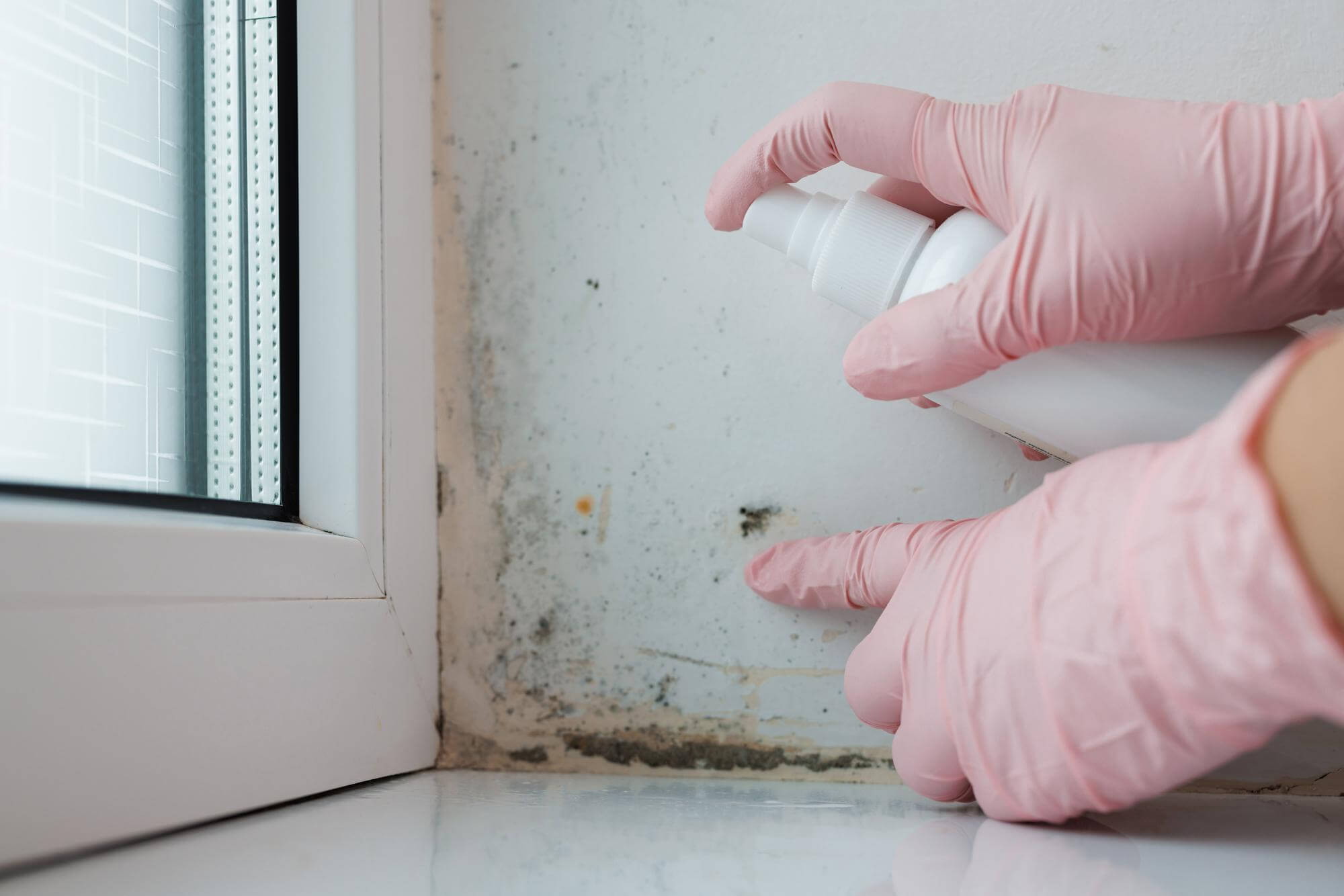What do you need to know about the symptoms and treatment of mold allergy?


Eva Zakharova
What is mold and how does it affect health?
Mold is a type of fungus that forms on surfaces and in the air under the influence of dampness and heat. Mold is found almost everywhere and can cause a variety of health problems, including mold allergies. Some of the most common types of mold that cause allergies include Cladosporium, Alternaria, and black mold.
Causes of mold allergies

Allergies to mold and fungus are caused by cross-allergies, where the immune system mistakenly reacts to mold spores as harmful substances. This can cause a number of symptoms such as itching, coughing, runny nose and eye irritation.
Types of mold and their effects on health
As mentioned, there are many types of mold, including Cladosporium allergicum, which can manifest as asthma and chronic sinusitis, and Alternaria allergicum can cause seasonal rhinitis. Black mold, or stachybotrys, can cause serious health problems such as pulmonary edema and reduced immune system function.
How to identify mold allergies: symptoms and diagnosis
Mold allergy symptoms can include itching, runny nose, sneezing, coughing, difficulty breathing and eye irritation. To determine a mold allergy, an allergist may prescribe skin tests or blood tests.
Who is at risk for mold allergies: risk factors
Risk factors for mold allergy include a family history of allergies, other allergic diseases, frequent exposure to a home with high humidity and dampness, and early contact with mold fungi as a child. A child who lives in a damp and poorly ventilated room may also be at risk of developing mold allergies.
Ways to treat mold allergies

Treatments for mold allergies may include the use of antihistamines such as cetirizine, loratadine and fexofenadine to ease the symptoms of itching, runny nose and sneezing. Your doctor may also prescribe corticosteroid nasal sprays and bronchodilators to treat difficulty breathing and coughing.
Injectable immunotherapy
In some cases, your doctor may recommend injectable immunotherapy to treat mold allergies. This method involves injecting small doses of an allergen to gradually increase the body's resistance to mold.
Folic acid as a complementary treatment
Folic acid may be recommended by your doctor as a complementary treatment to strengthen the immune system and reduce mold allergy symptoms.
Home remedies for symptom relief
Home remedies can be used to relieve mold allergy symptoms, such as using saline solutions to flush the nose, humidifying the air, and ventilating the room.
Preventing mold allergies

To prevent mold from developing in the home, it is important to maintain optimal humidity levels, ventilate rooms, and clean regularly. You should also avoid using carpets and textiles that can trap moisture.
Food recommendations to prevent mold allergies
There are certain food recommendations to prevent mold allergies. It is important to avoid foods with high mold content, such as moldy cheeses, expired foods, and foods with visible signs of mold. To reduce the likelihood of mold allergies, you should eat fresh and properly stored foods.
Helpful tips to reduce the risk of mold allergies
- Remove all sources of dampness in the home, such as leaking faucets and pipes.
- Ventilate rooms regularly to keep the air fresh.
- Use anti-mold products to clean surfaces of mold.
- Remove carpets and textiles that can trap moisture.
- Install humidifiers and dehumidifiers in your home to maintain optimal humidity levels.
- Keep air conditioners and ventilation system filters clean.
- Limit the amount of time you spend in damp areas, such as basements and garages.
In conclusion, mold allergies are a common condition that can cause serious health problems. However, knowing the main symptoms and risk factors allows you to see a doctor and begin treatment in a timely manner. Preventing mold allergies includes maintaining optimal conditions in the home, proper nutrition and regular check-ups with an allergist. Taking care of your health and following medical advice can help reduce your risk of mold allergies and keep your quality of life at an appropriate level.
Related Materials
MOD_TAGS_SIMILAR_NO_MATCHING_TAGSNew materials
Popular Articles
We recommend reading
Contact us in the Contact Us section to ask questions, offer ideas, or for more information about our allergy resource.
Our articles are your trusted source of allergy knowledge. Learn how to make life with allergic reactions easier on our specialized portal.
©
Lechenie-Allergii.com. All rights reserved.
© Lechenie-Allergii.com. All rights reserved.
The information on this site is for informational purposes only and is not a substitute for professional medical advice. We recommend consulting with qualified medical professionals for accurate information and advice.
 English
English  Українська
Українська  Русский
Русский 









